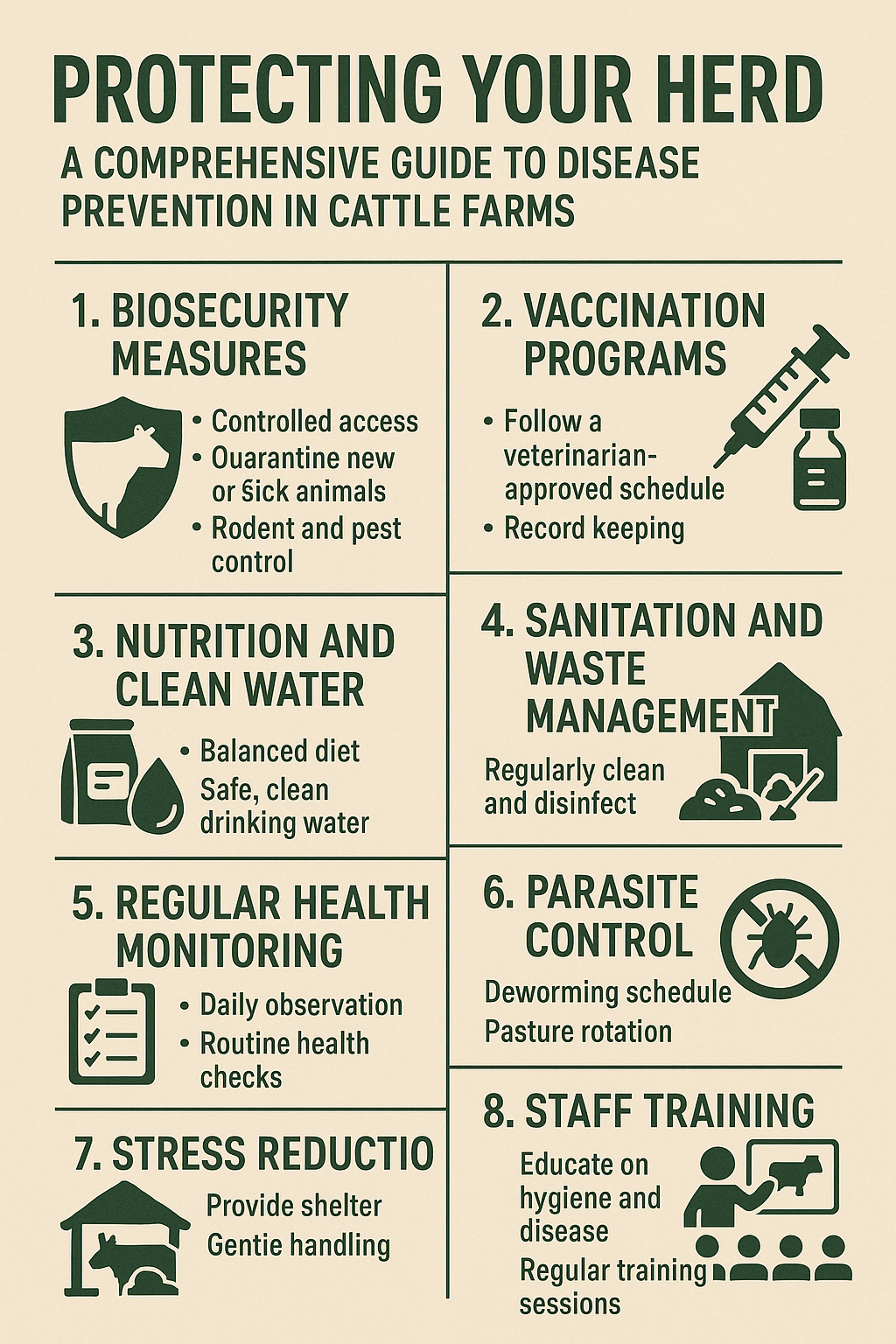

Preserving the nutritional value of feed ingredients is crucial for the growth and productivity of dairy cows. Rumen bypass plays a vital role in achieving this, especially for high-value components like fats and proteins. In this article, we will explore strategies for optimizing rumen bypass in livestock feed, based on the expertise of Ecolex Animal Nutrition from their Functional Lipid platform.
What is rumen by psss and why it matters:
Rumen bypass is the process of shielding feed ingredients from degradation in the rumen, preventing a loss of nutritional value. High-value ingredients, such as fats and proteins, are essential for animal growth and development. Without protection, these may not be absorbed properly, leading to diminished growth and productivity.
Factors Influencing Rumen Bypass:
The composition of fatty acids in feed significantly affects rumen bypass efficiency. Long-chain fatty acids are more resistant to degradation, while medium- and short-chain fatty acids break down more easily in the rumen. The type and amount of fatty acids in feed play a pivotal role in determining rumen bypass efficiency.
Innovations in Rumen Bypass:
It is essential to protect feed ingredients from degradation in the rumen, and Ecolex Animal Nutrition leverages on it’s expertise in developing technologies that enhance rumen bypass characteristics. The constant evolution of technologies and strategies provides farmers with effective solutions for their livestock’s nutritional needs.
Future Prospects and Implications for the Livestock Industry:
Optimizing rumen bypass efficiency can significantly improve overall animal health and productivity. Continued investment in research and development is crucial for the long-term success of the livestock industry. Staying at the forefront of new technologies ensures that farmers receive innovative and effective solutions for their farming needs.
Within the Functional Lipids competency platform of Ecolex, there are three forms of rumen bypass fat: calcium salt of fatty acid, triglyceride, and free fatty acid. Rumen-protected fat, like the calcium salt of Palm Fatty Acid Distillate (PFAD), has a high melting point and low solubility. It enhances energy intake and prevents rumen acidosis syndrome. Rumen-inert fat, found in products like tallow, hydrogenated oil, palm stearin, and palmitic fatty acid, does not interact with rumen microbiota. Higher palmitic acid intake improves energy intake, milk production, and quality of milk in term of higher fat levels.
Rumen bypass fat is crucial for increasing energy intake and improving performance in dairy cows. Proper usage depends on different factors such as feeding modes, target milk yield, milk fat goals, genetic background, and environmental factors. Ecolex offers a range of comprehensive solutions and stands as a reliable partner for Indian dairy farmers seeking innovative solutions to enhance the health and productivity of their livestock. For more information contact Ecolex Animal Nutrition via http://www.ecolexanimalnutrition.com or follow the QR code below.

















